It's official, CPAC Hungary 2025, the fourth edition of the event, will take place on May 29–30. To mark the announcement, Miklos Szantho and Matt Schlapp gave a joint interview, discussing not only this major gathering that fosters international right-wing unity but also the global shifts currently underway.
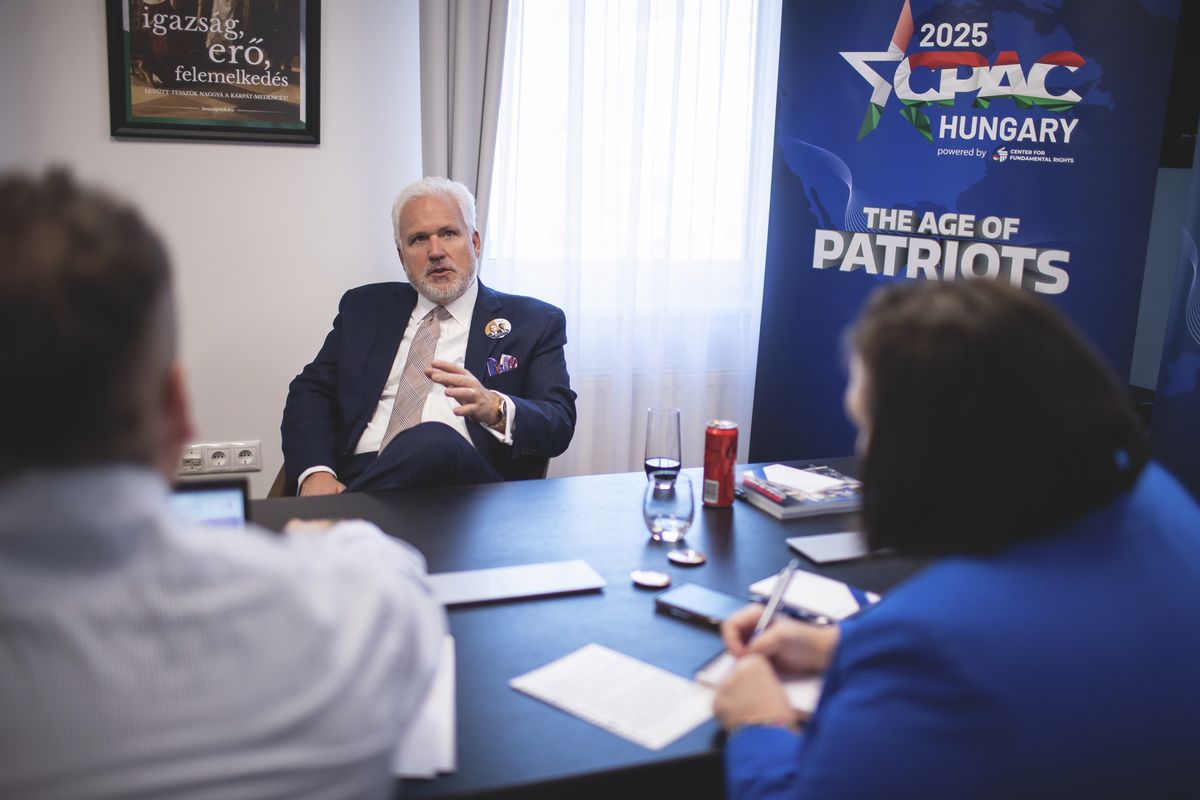
The overseas CPAC is the largest gathering of the American Right, a true rallying point for Trump supporters. They don’t beat around the bush; they speak the truth as they see it—just like Trump does. It’s no surprise that Hungary has become CPAC’s European venue—in fact, CPAC Hungary has emerged as the hub of the international Right. I’d go even further: we’re no longer just talking about the Right but about freedom-loving, commonsense sovereigntists, which includes economically libertarian figures like Argentina’s President Javier Milei and even nominally left-wing leaders like Slovaia's President Robert Fico,
explained Miklos Szantho, adding that the Hungarian Right has been a political innovator: “We recognized years ago that national-minded, sovereigntist forces cannot operate in isolation; they need to form networks.”
I’m very proud of the work we’ve done with CPAC, but I want to remain humble because many people have done great things. We stood by Donald Trump from the very start of his first presidential term in 2016, and throughout all four years. We supported him even after the events of January 6, 2021, inviting him to speak on our stage just weeks later when he was labeled an insurrectionist and election denier. They tried to strip him of his wealth, even tried to imprison him. But we never distanced ourselves—we always stood by him. We did this because we knew he is a historic leader, and we needed his voice,
emphasized Matt Schlapp
I firmly believe that CPAC as an organization plays an influential role simultaneously in several key countries. And I think we are gaining real momentum worldwide, enabling freedom-loving candidates to win in even more key nations,
the CPAC Foundation president added.
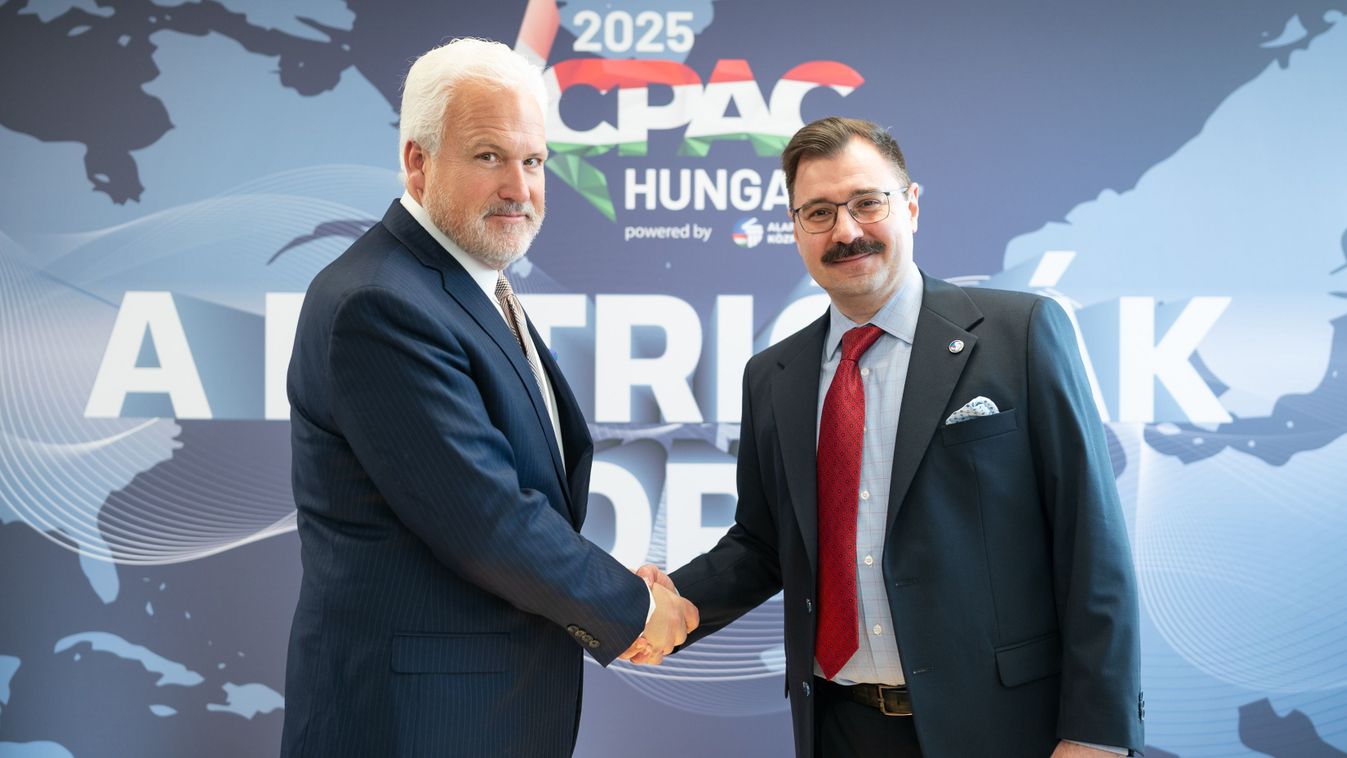
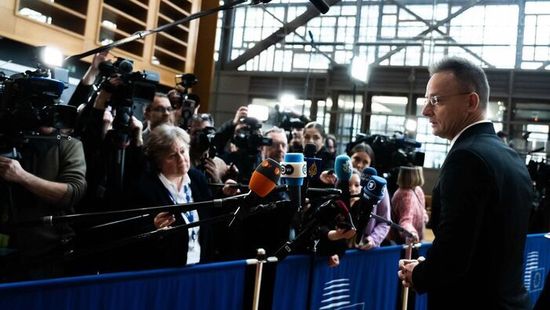
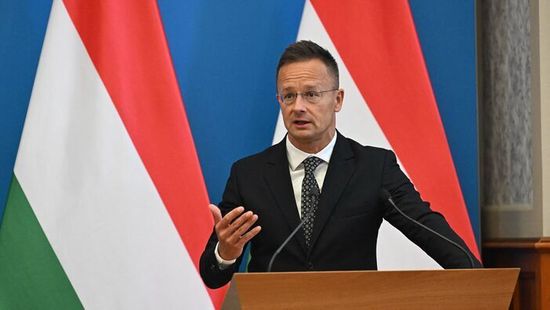

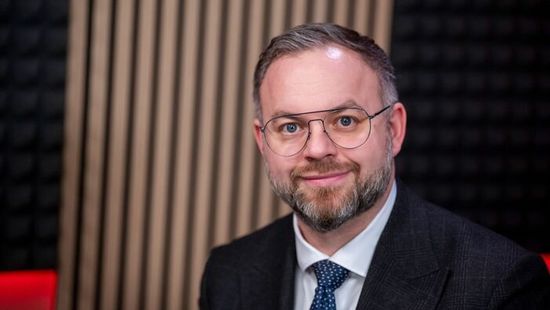

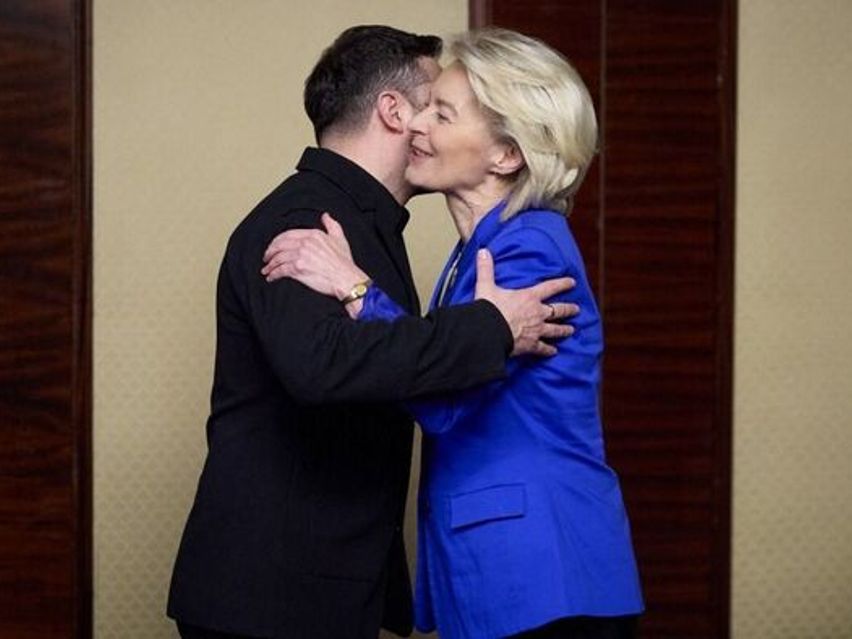
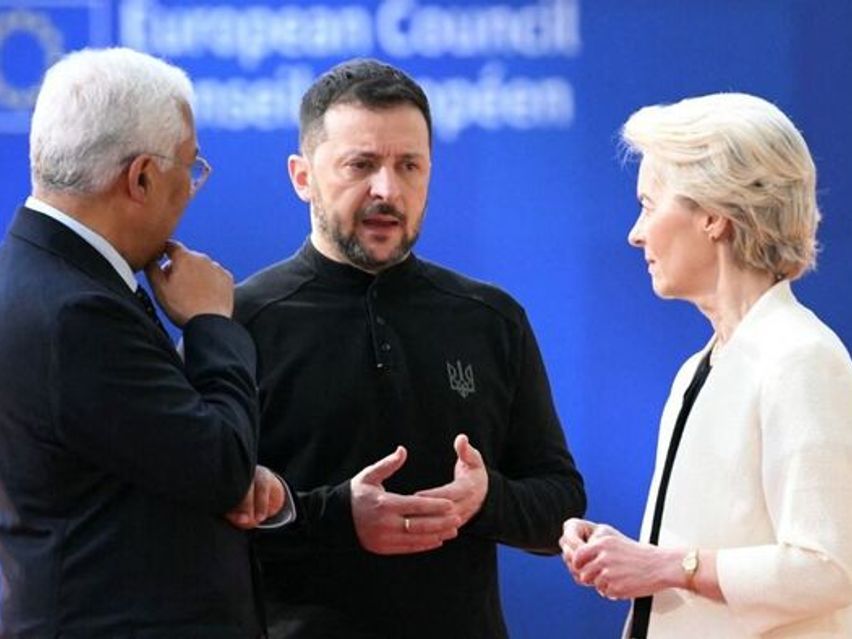
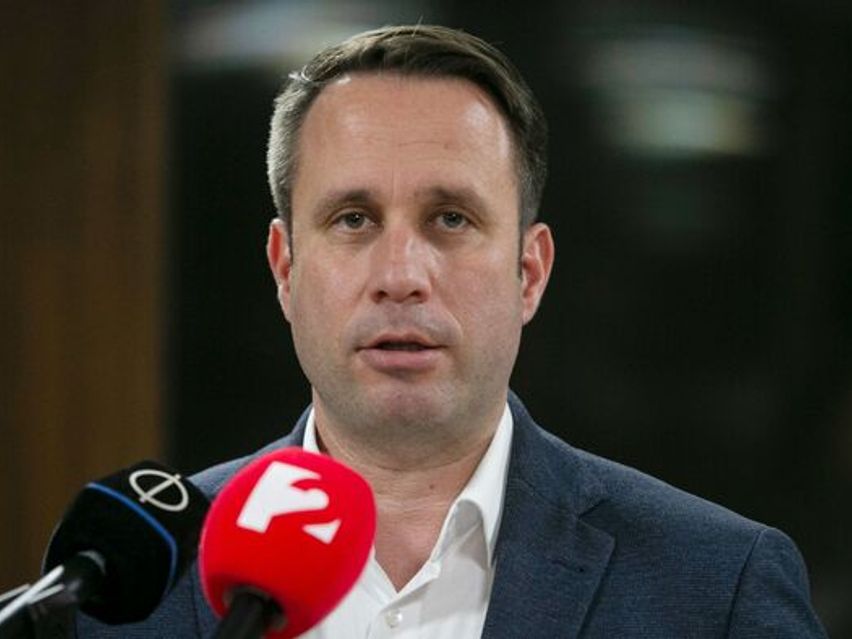
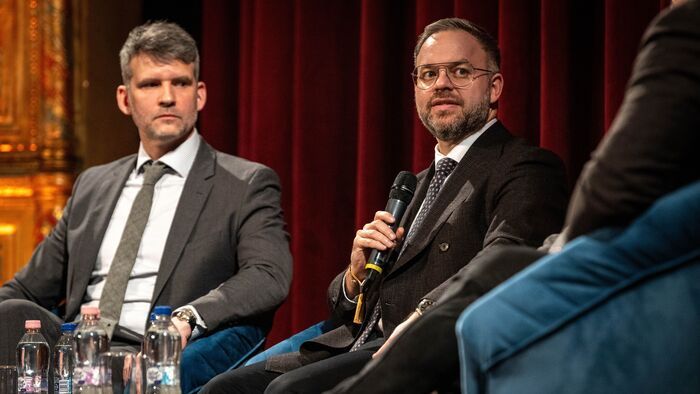

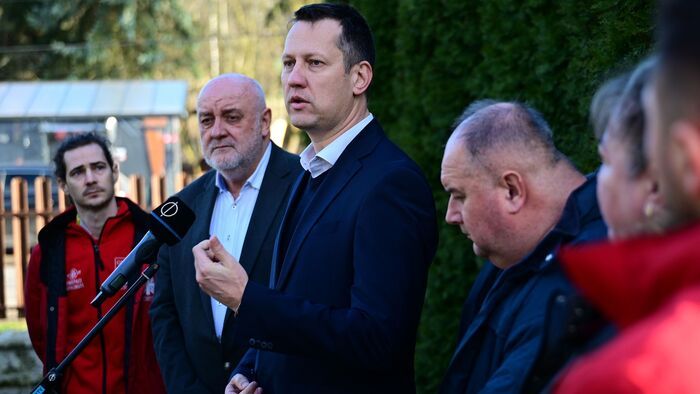
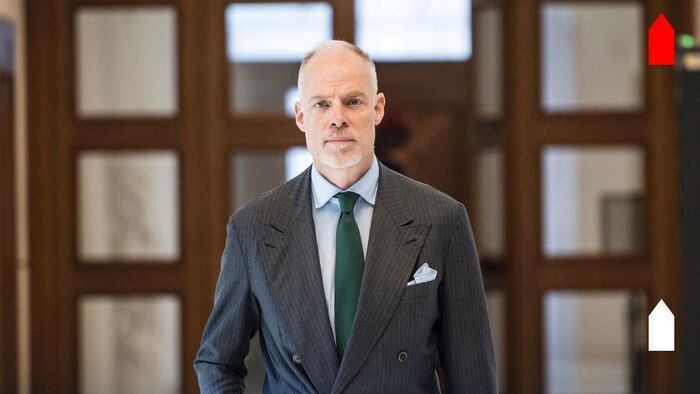

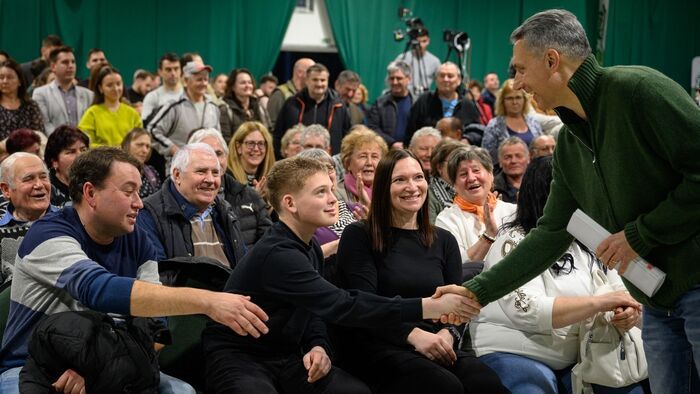

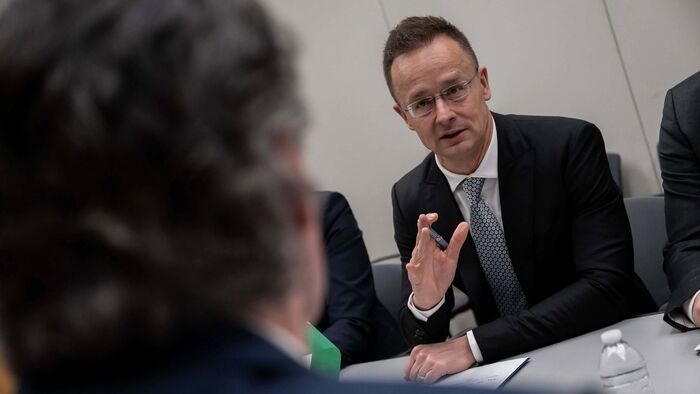
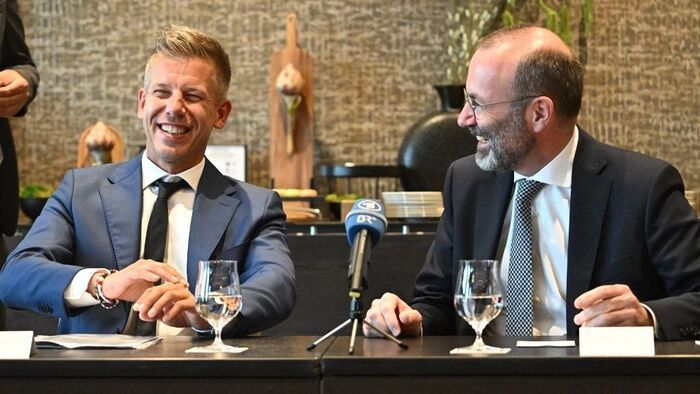



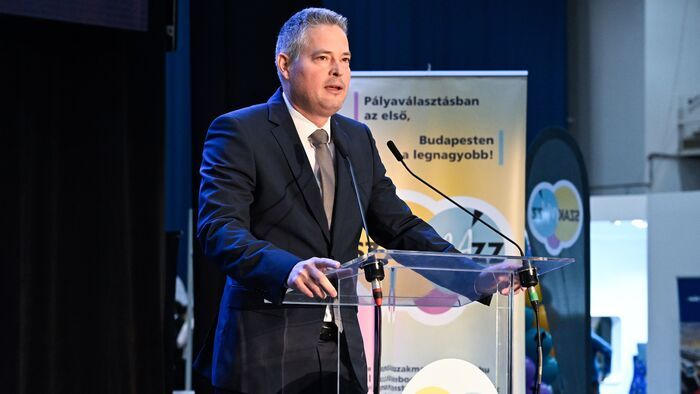

Szóljon hozzá!
Jelenleg csak a hozzászólások egy kis részét látja. Hozzászóláshoz és a további kommentek megtekintéséhez lépjen be, vagy regisztráljon!